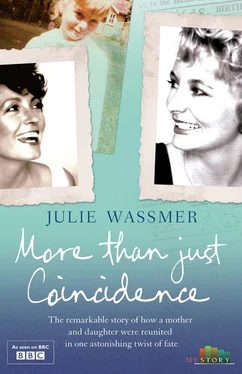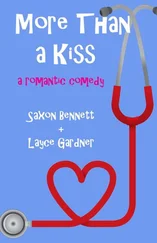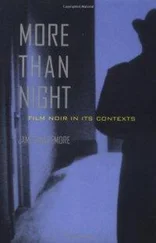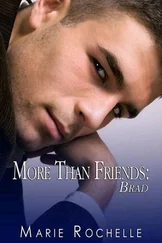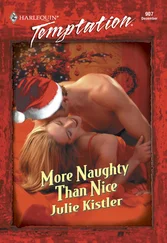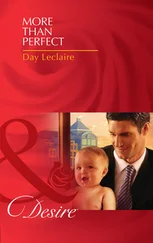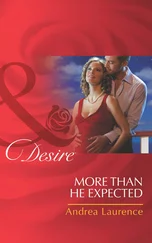I have just started my first period. Emerging from the cubicle to wash my hands and splash my face with water, I glance up at my reflection in the mirror. I still look the same, even though I am now supposed to be a ‘woman’.
Later, at home, I stole two sanitary towels from the drawer where I knew my mother hid them. No slender, adhesive-backed pads in endless shapes and sizes for the 1960s woman: just bulky towels with loops at each end that had to be attached to a special belt. And I didn’t have a belt. When my mum came home from work I felt unable to tell her what had happened. I couldn’t help feeling I had done something wrong. Perhaps I had. I was growing up.
When I was nine my mother had taken me to our family doctor, concerned about the swellings beneath my nipples. I had taken off my T-shirt while Dr Teverson gently felt my tiny breasts, his eyes decorously closed behind his heavy horn-rimmed spectacles. My mother looked on anxiously. Finally the doctor gave his verdict: puberty, pure and simple. My mother protested. At nine years old? How could a child so young display the seeds of womanhood when she herself had been flat-chested until she gave birth to me? Dr Teverson tried to reassure her—girls developed earlier these days, he said—but if my mother was reassured, she wasn’t convinced, and she had never once broached the subject of menstruation with me. I had to find out about that at school.
In some ways I was relieved we hadn’t talked about it since that appointment at the doctor’s surgery had instilled a sense of unease, if not guilt, about the way my body had begun to change. Other girls of twelve had flat chests but still proudly wore ‘teen bras’. I envied them as I ran around hockey fields and netball pitches with only a tight vest to restrain my bouncing bosom. My mother seemed to have a blind spot as far as my physical development was concerned. How on earth was I to tell her about my period?
It was two days before I eventually plucked up the courage to blurt it out. She seemed scared by the news. She was also shocked, confessing that her own periods hadn’t started until she was eighteen. Why was everything happening to me so soon? I had no answer, but at least by the next day I had my own sanitary protection—and my own ‘teen bra’.
Within a year or so, a lot of the girls at my school had acquired boyfriends and those of them who hadn’t gained respect before had it now. Interest in my clowning around had waned, and with it my popularity. I was out of fashion in more ways than one, with my hedge of dark, frizzy hair that required not so much trimming as topiary. It wasn’t a good look when everybody aspired to long, straight hair that swung in long, glossy curtains, like Twiggy’s. I spent hours every day trying to iron my hair until I found some heated tongs that did the trick. But they burned my neck and other schoolgirls accused me of having love bites. Wishing that were true, I never put them right.
Half woman, half child, I was full of contradictions. I didn’t seem to fit in anywhere any more. Going to grammar school had driven a wedge between me and my primary school friends and now it was driving a wedge between me and my parents as well. I was beginning to feel too East End for school and too West End for home. I’d always enjoyed a good debate with my father, who had a great respect for Parliament and was a staunch believer in people standing up for what was right. But as I got into my history studies, I found I was overtaking him in terms of the ammunition I was able to bring to some of these arguments. He admired Henry VIII for rebelling against the Pope, for example, and I picked holes in his reasoning by pointing out that Henry only rebelled against the Catholic faith when he wanted a new wife to produce an heir. He was chuffed that I was learning, but often what I was being taught conflicted with his own views.
My insecurity manifested itself in rebellion, principally against CFS and its suffocating restrictions. My partner in crime was June, a classmate who lived in a council house near me and who was trying to cope with a troubled home life. Her mother had recently left home and she felt abandoned. Riding the bus together to and from school, we recognised each other as kindred spirits. We shared a lack of respect for authority and an ability to lose ourselves in stories and our own imaginations. We swapped favourite books. I gave her The Grapes of Wrath, John Steinbeck’s gripping account of the exodus of dirt-poor farmers from the dust bowl of Oklahoma to the ‘promised land’ of California, and June introduced me to the realm of fantastic creatures in Tolkien’s The Lord of the Rings, in which she sought solace.
By the fifth form, June and I had come to view CFS less as a seat of learning and more as a stage for St Trinian’s-style pranks. Stink bombs were manufactured with sulphuric acid pinched from the chemistry room, chairs placed on ballcocks to create floods. We stole wet clay from the pottery class and pelted student teachers with it when their backs were turned. We justified this bad behaviour by claiming to be anarchists—and in a sense we were. There was a seam of chaos running through each of our lives. I went to bed every night on our living-room sofa and felt the lack of privacy far more keenly as a teenager than I had when I was small. Without a room of my own, I found it virtually impossible to bring friends home. I was ashamed, too, of the slum conditions in which we lived and frustrated that there was no sign of any change in our circumstances. June’s mum had left her in the care of a father with whom she constantly fought and with a young brother she was often expected to look after.
In some ways, my father’s questioning, probing nature probably instilled in me the idea that rebellion was essentially a good thing. So it was somewhat ironic that I was rebelling in the one place where he wanted me to toe the line. The trouble was, I wasn’t always sure exactly what I was challenging. Like Brando’s character in The Wild One, if someone had asked me what I was rebelling against, I would probably have replied, ‘What have you got?’
Perhaps the global atmosphere of unrest in 1968—the year of revolution—was another influence. In March an anti-Vietnam War protest outside the US Embassy in Grosvenor Square, in the heart of Mayfair, degenerated into a fierce confrontation between demonstrators and police, resulting in 200 arrests. Then, in May, a student protest in Paris escalated into riots on a much bigger scale and led to a general strike involving half the French workforce that crippled the country. Soon students and workers everywhere, from Prague to Chicago to Mexico City, were taking to the streets. June and I felt frustrated that we weren’t old enough to join them.
But we were on our own collision course with authority. One afternoon, as we made our way back to school after our lunch break, a couple of barrowboys from the market started throwing fruit at us. We fought back and a pitched battle ensued. The headmistress, hearing the commotion in the street, pulled us into her office and accused us of disgracing the school. Having delivered her dressing-down she allowed June to go but kept me back for another tirade. In an angry speech that seemed to sum up my whole school career, she berated me for wasting every opportunity I’d been offered. If I’d been bright enough to pass the Eleven-Plus, she said, I was bright enough to gain five O-Levels. After that, two A-Levels would see me into university. Moreover, the fact that I had won the Alleyn Award was a clear indication that if I worked hard I might get into Oxbridge. Didn’t I want my name on the board outside her office along with those of the cream of our old girls?
Watching her as she continued in this vein, I became suddenly and acutely aware that there was more to this diatribe than a teacher lecturing a pupil. It was someone on the other side of the class divide reminding me of my place and of how lucky I was to be at her precious school. She expected respect but understood nothing about my home life and my situation.
Читать дальше
